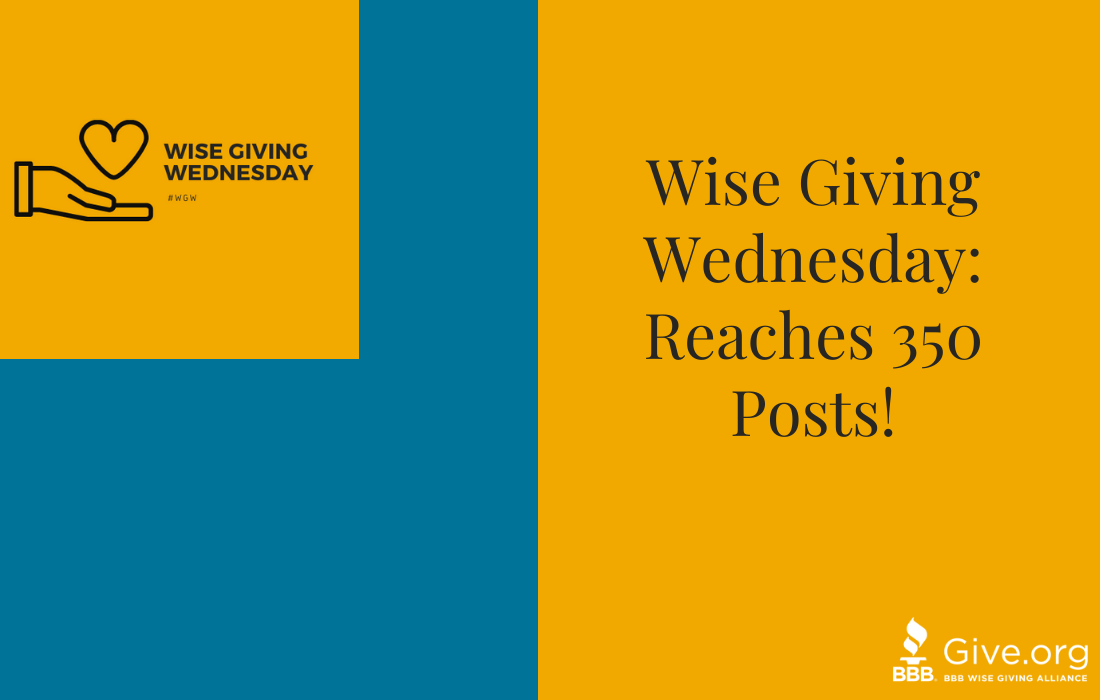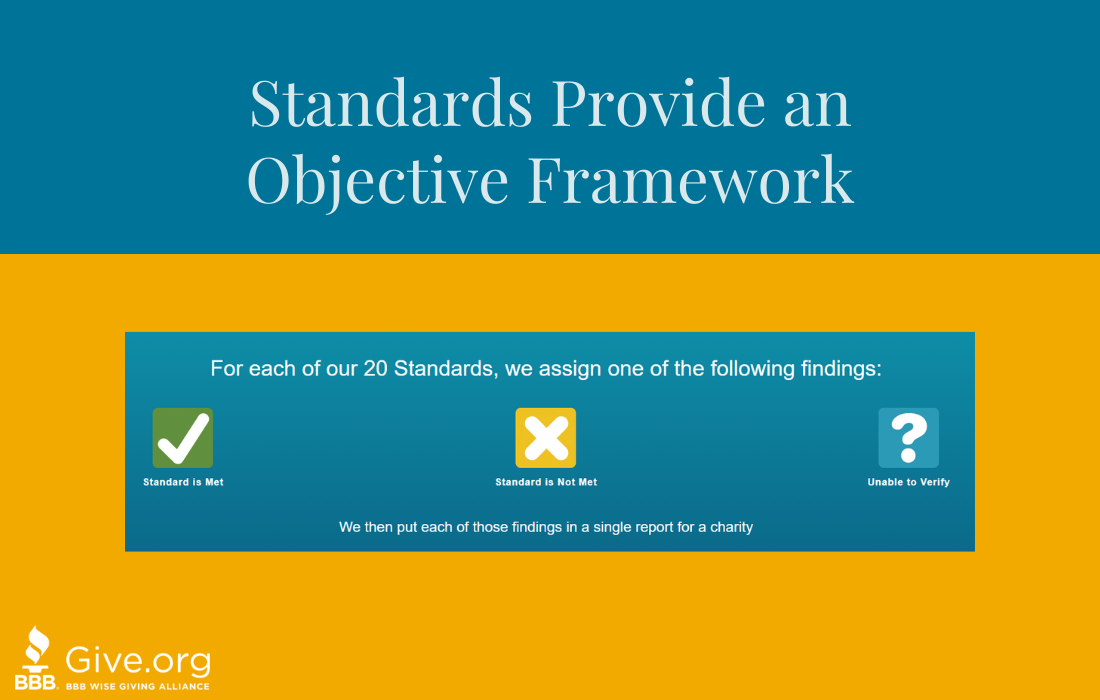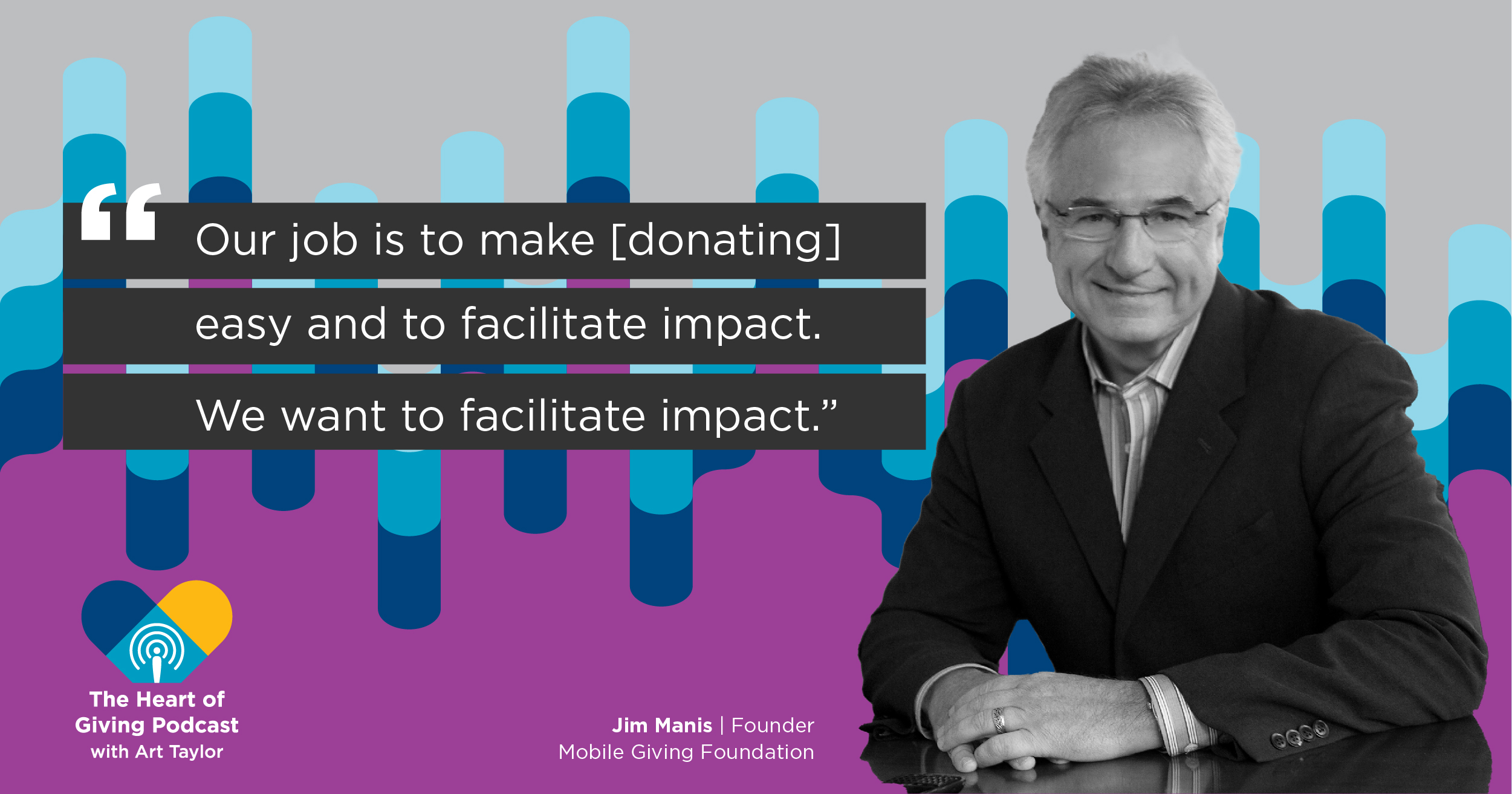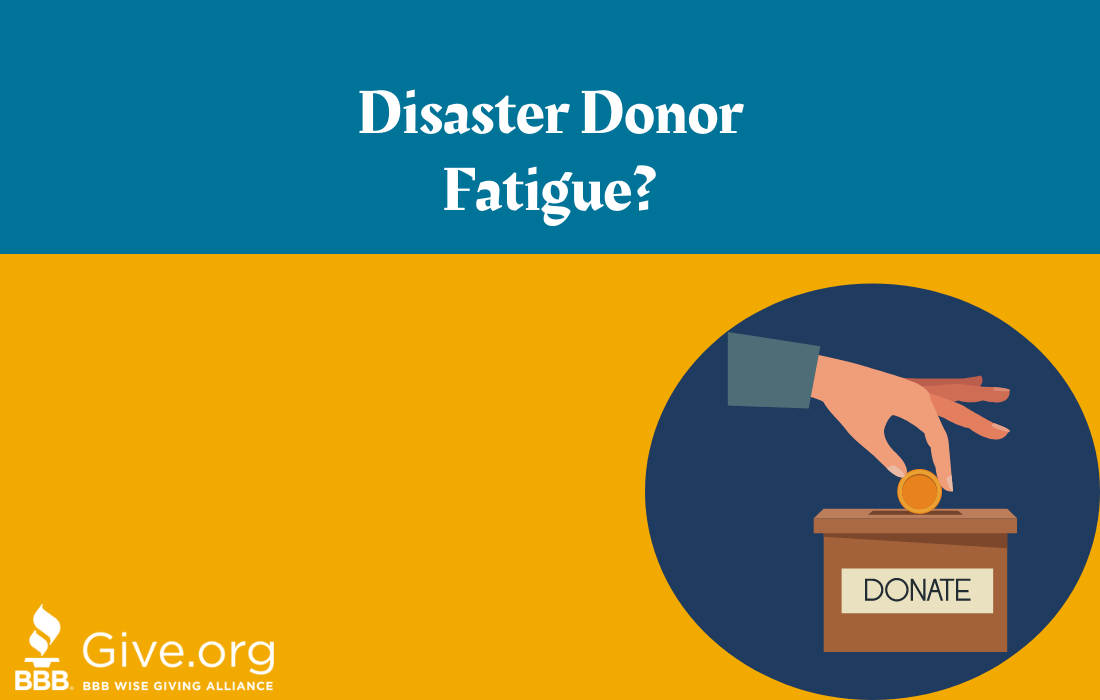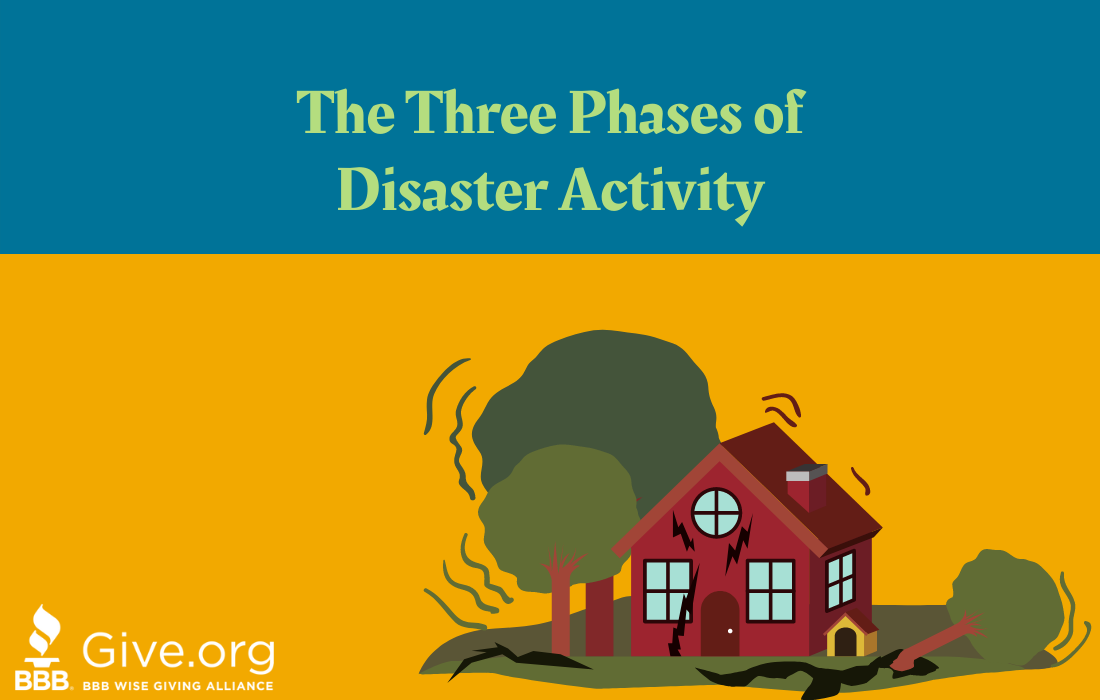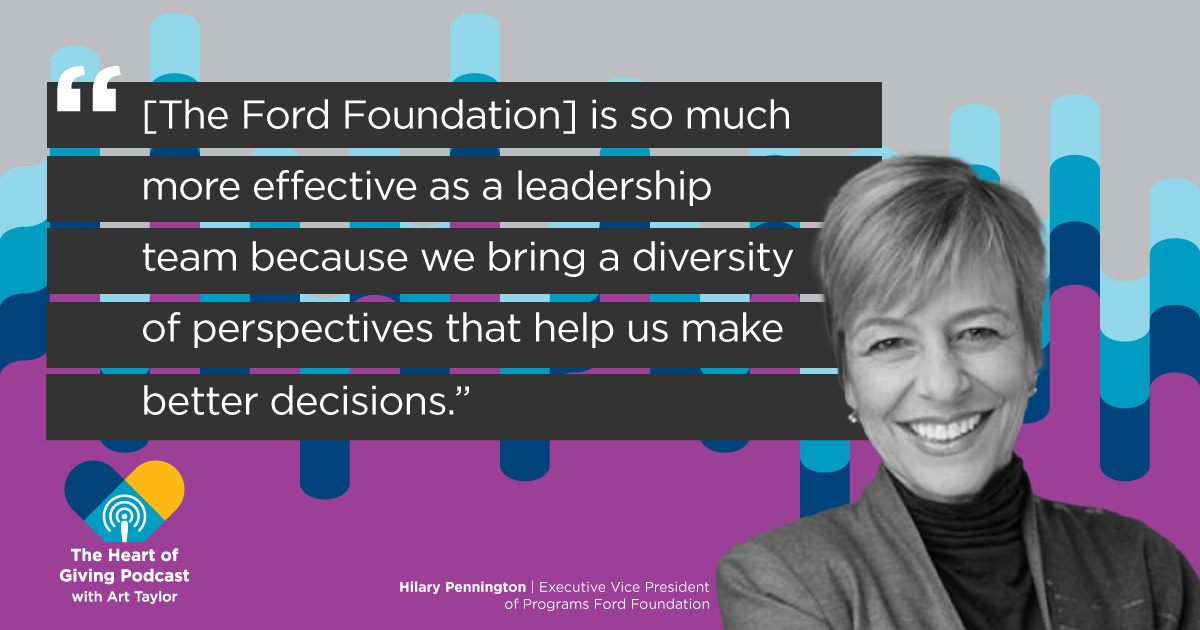“I learned very early the difference between knowing the name of something and knowing something.” Richard Feynman, Theoretical Physicist.
Unlike the business world where product names are often created to establish unique and concise brand identities, the names of charitable organizations usually also serve as a type of description. It is a way of announcing to potential donors and others what the organization intends to address. For example, although our charity reporting activities go back to the 1920s, this is the 20th anniversary of operating under the name “BBB Wise Giving Alliance.” This name has three components. The “BBB” stands for Better Business Bureau and reflects our affiliation with the BBB network of organizations. The “Wise Giving” part of our name points to our goal of helping donors make informed giving decisions and the “Alliance” word reflects the 2001 merger of two charity monitoring organizations: BBB’s Philanthropic Advisory Service and the National Charities Information Bureau. All of this is packed into the four words of our name.
This culture of charity name description can unfortunately sometimes result in donor confusion. A review of the IRS database of charities shows there are 3,292 organizations that have the word “cancer” as part of its name, 5,143 that include the word “veteran” and 7,573 that include the word “heart.” While in the vast majority of cases, some elements of charity name similarity are unintentional and may just represent the popularity of a cause, there are unfortunate exceptions where solicitors are attempting to deceive the public. To help avoid this confusion, here are some suggestions.
Watch out for cases of mistaken identity. Look at the name carefully. The group soliciting you may not be the one you have in mind.
Visit the charity’s website. Go directly to the charity’s website to help identify the organization, verify its physical address, and find out more about its activities, finances and accomplishments.
Be wary of excessive pressure to donate. Watch out for appeals that demand an on-the-spot gift decision. This might be a ruse to get to you to contribute before you find out more about the group.
Is the charity registered with government agencies? About 40 of the 50 states in the U.S. require soliciting charities to register with a state government agency such as the office of the Attorney General or Secretary of State. In Canada, visit the charity registration page at the Canada Revenue Agency.
Visit Give.org. Visit the charity reports on Give.org and at your BBB to verify if a charity meets the BBB Standards for Charity Accountability.
Video of the Week
As part of our Building Trust Video series, we are pleased to provide a video interview of Simon Davies, Executive Director, Teen Cancer America (a BBB Accredited Charity) which works to empower and improve the lives of young people with cancer. The organization reports that it creates youth-centered ecosystems that support young people with cancer, their families, and healthcare professionals.
Heart of Giving Podcast
In this week’s Heart of Giving Podcast, BBB WGA President & CEO interviews Peter Kadens, Chair of the Kadens Family Foundation, to learn about how he is using the wealth that he made in the cannabis business for social good by providing financial support to students from underserved communities to bring about multi-generational change.Recent Reports
We are always working with charities to publish or update reports for donors. Visit Give.org or local BBBs to check out any charity before giving. Our recently evaluated charities include:
Finally, remember to let us know by going to www.give.org/charity-inquiry if you are interested in seeing a report on a charity not on the list and we will do our best to produce one.
H. Art Taylor, President & CEO
BBB Wise Giving Alliance


